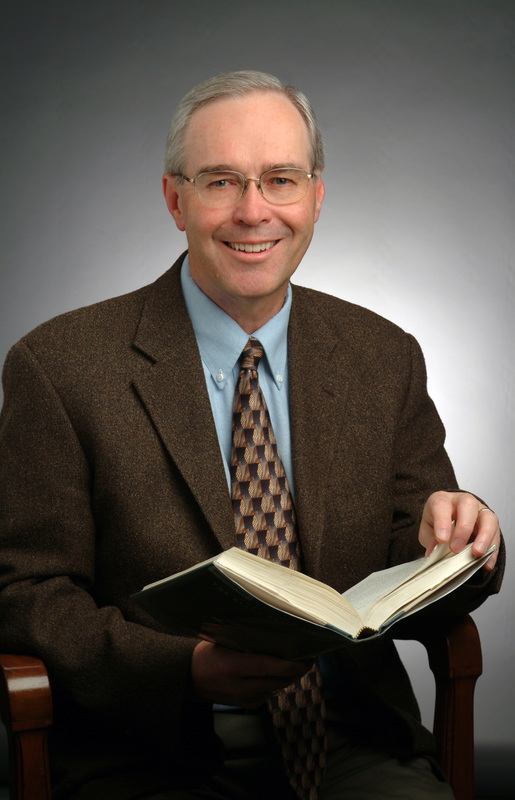But he does his job and because he obeys God’s instructions, he is in unity with God, even as a sinner.
God provides for and protects Elijah during a horrendous drought, but when the child of a woman who God provides to feed him dies, Elijah doubts God, unable to understand how he could bring calamity on one of his own servants. But in his heart, Elijah knows God may have a higher purpose, so Elijah prays desperately to God to bring the boy back to life, and God does exactly that.
In Chapter 18, Elijah confronts Ahab, whose wife Jezebel has killed all the prophets of Israel, except a hundred who were hidden by Obadiah. Elijah tells Ahab, “I have not troubled Israel, but you and your father’s house have, because you have forsaken the commandments of the Lord and you have followed the Baals” (18:18).
Elijah then challenges Ahab’s 450 prophets of Baal to call on their god, while Elijah calls on the God of Israel, saying, “The God who answers by fire, He is God” (18:24). The prophets of Baal invite only dead silence – “…no voice, no one answered” (18:26).
Then the God of Israel consumes with fire not only the ox meat on the altar built by Elijah, but the altar itself, the stone foundation, and even the dust around it! The people fall on their faces in repentance and return to God. Elijah personally kills all the prophets of Baal.
In Chapter 19, when Ahab tells his wife Jezebel that all her prophets are dead, she promises to have Elijah killed. Losing all his courage, Elijah flees for his life and hides in a cave on Mount Horeb, the mountain of God. He despairs of his life, convinced that his human sins have resulted in judgment and disunity from God.
But God tells Elijah to stand before the Lord inside the cave. From its protection Elijah sees a wind so strong that it begins to tear apart the mountain, even individual stones. “But the Lord was not in the wind” (19:11b).
After the wind, Elijah witnesses a massive earthquake. “But the Lord was not in the earthquake” (19:12a). And after the earthquake, a consuming fire. “But the Lord was not in the fire” (19:12b).
Where is God when I so desperately need him?
Just then Elijah feels a gentle breeze, so sweet and fresh it draws him to the mouth of the cave, where he is met by the loving voice of God. He is enveloped in unity with God, who empowers him and gives him instructions for completing the remainder of his mission as a prophet of God.
So where does unity with God reside? Not in power and terror and calamity, but in a soft and gentle breeze, generated only by fervent, sincere, confessional prayer.
The breeze is a metaphorical miracle representing the flow of the Holy Spirit into a contrite and broken heart. And the path to that source is not through human effort, but through accepting Jesus Christ as Savior and Lord. He has already paid the price for my sin and yours.


 RSS Feed
RSS Feed